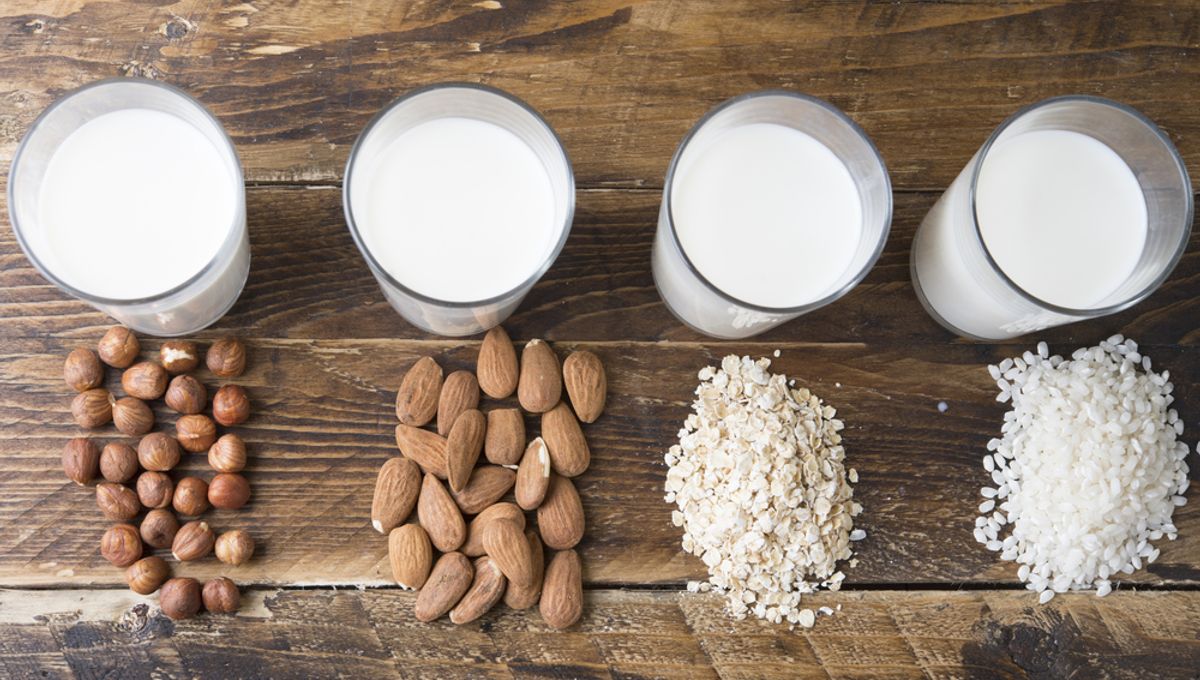
Vegan milk alternatives tend to contain lower amounts of four key micronutrients than cow’s milk, according to research presented this week at the fall meeting of the American Chemical Society. Conducted by the US Food and Drug Administration (FDA), the new study indicates that levels of zinc, selenium, phosphorous, and magnesium tend to vary greatly between different plant-based milks, highlighting the need for more detailed nutritional labeling.
“Plant-based milk alternatives have been growing in popularity, but there’s not a lot known about the mineral content of these products, especially in the US,” said study author Dr Ben Redan in a statement. “Although they can be voluntarily declared, from a regulatory perspective, these minerals are not always required to be on the Nutrition Facts label.”
Made from single ingredients like almonds, oats, or rice, non-dairy milks are seen as an excellent alternative to cow’s milk for those who have allergies or intolerance to dairy. They are also viewed as a more environmentally friendly option as they are associated with fewer emissions than dairy farming.
On the flip side, cow’s milk is a major source of certain essential nutrients that can’t be manufactured by the human body and must be obtained through food. Selenium, for instance, helps to protect cells from damage or infection while also boosting thyroid function.
Zinc, meanwhile, supports the immune system while magnesium is required for proper muscle and nerve function. Another key nutrient, phosphorous, assists the growth, maintenance, and repair of all tissue types.
The study authors used inductively coupled-mass spectrometry to assess levels of these micronutrients in milk alternatives made from soy, pea, hemp, oat, almond, coconut, cashew, and rice. Several different brands were tested for each type of drink, giving a total of 85 samples.
Overall, pea-based drinks had around 50 percent more phosphorous, selenium, and zinc than cow’s milk, while soy milks had the highest concentration of magnesium. All other types of vegan milk contained lower amounts of the four key nutrients than dairy.
The study authors also report a significant degree of variation between different brands of the same type of drink. For instance, zinc levels varied by as much as 53.8 percent across the different pea-based milks tested.
Summing up, the researchers say that “certain PBMAs [plant-based milk alternatives] can be a source of magnesium, phosphorous, zinc, and selenium.” However, they also warn that “differences across PBMA types and potential variability within a PBMA type should be taken into account when considering their nutritional value.”
Source Link: Most Plant-Based Milks Are Poorer In Key Micronutrients Than Dairy